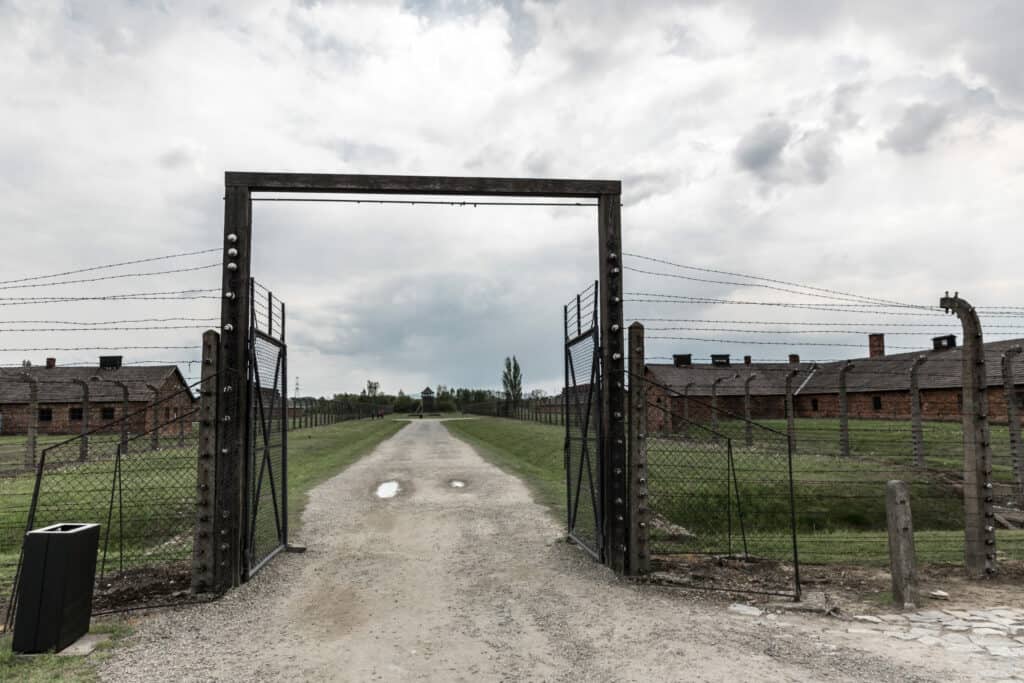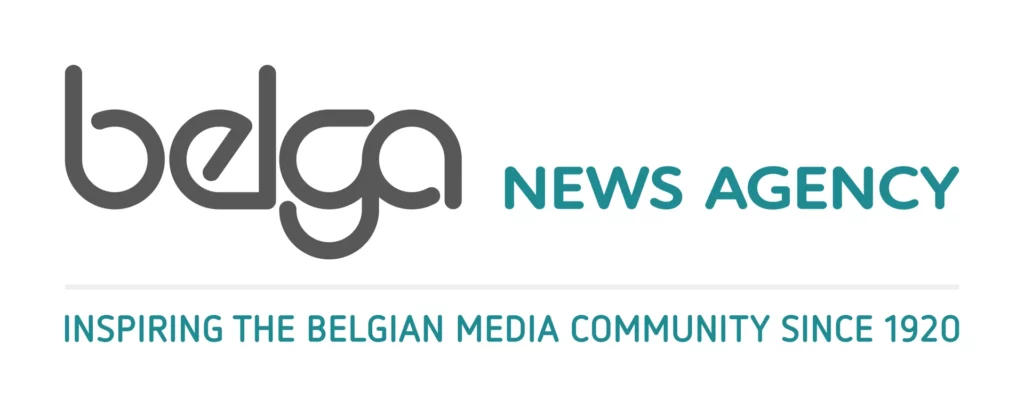The Polish witnesses of the German crime in Wojslawice lived for decades with the memories of their Jewish neighbors executed in 1942. They remembered a meadow that flowed with blood, a child who cried out for water from underneath a pile of bodies, arms and legs that still moved days after the execution.
In the years that followed, those who had seen the crime shared their knowledge with their children, warning them to stay away from the spot behind the Orthodox church where some 60 Jews, among them 20 children, were murdered on that October day.
“When I was a young boy I was running around these meadows but the elders were saying: ‘please do not run there because there are buried people, buried Jews,’” said Marian Lackowski, a retired police officer whose late mother witnessed the execution in the small town in eastern Poland.
Born after the war, Lackowski has devoted years to ensuring that the victims receive a dignified burial, a mission he finally fulfilled Thursday as he gathered with Jewish and Christian clergy, the mayor, schoolchildren and other members of the town.
Beginning at the town hall, the group walked solemnly down a hill to the execution site, their silence broken only by roosters and barking dogs. After they arrived at the spot, church bells rang out from the town’s Catholic church and a trumpet called at noon. Jewish and Christian prayers were recited and mourners lit candles and placed stones in the Jewish tradition at a new memorial erected over the bones. “May their souls have a share in eternal life,” it reads.
The mass grave site in Wojslawice is tragically not unique. During the German occupation of Poland during World War II, the Germans imprisoned Jews in ghettoes and murdered them in death camps including Treblinka, Belzec and Sobibor. But they also shot them in fields and forests near their homes, leaving behind mass graves across Poland, many of which have only come to light in recent years.
Read More:
https://www.ynetnews.com/article/bkrav99ry














